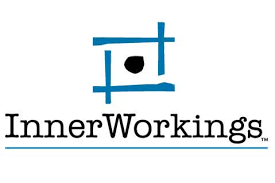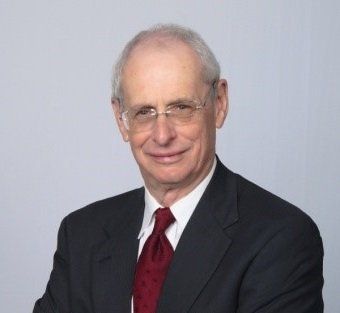The Three Protections (Part 1)
Retain Control of Assets

Estate Planners debate the merits of planning using a Last Will and Testament versus a Revocable Living Trust (RLT). Each family’s unique situation enters into the decision of which method to use.
This is the first of three planned articles describing the advantages of an RLT over a Last Will and Testament. The first advantage is that trust property can only be used for the benefit of the grantor during the grantor’s lifetime. The person signing the RLT is the grantor. There may be two grantors if it is a married couple creating the trust.
The grantor transfers real property and financial accounts to the trust, making the trust the owner of record of this property. The trustee(s), usually the grantor(s), uses the property according to the terms of the trust agreement. The protection offered to the grantor(s) is that income and principal in the RLT is used for the benefit of grantor(s) and no one else has any right to trust property during the grantor(s) lifetime.
While a grantor is serving as trustee, he or she may act on behalf of the trust without the consent of anyone else, including another trustee, for much of trust-related business. For joint trusts, while both grantors are living, they must act together to amend, restate or revoke the trust.
Often in a joint trust, the trust, or parts of it, becomes irrevocable upon the death of one grantor. However, the trust property is still to be used for the benefit of the remaining grantor for his or her lifetime, and is not distributed to beneficiaries. Nothing will limit the surviving grantor’s right to income and principal. Upon death of the second grantor, trust property is distributed to beneficiaries as directed by the trust provisions.
The first of three protections provided by an RLT is to use the assets of the trust for the benefit of the grantor(s) during the grantor(s) lifetime. The next Senior Moments article will discuss the second protection offered by trusts.
If you have any questions, please feel free to call me at 601.992.1437 or email Richard@theelderlawfirm.net.
Richard Young
The Elder Law Firm
Flowood, Mississippi












